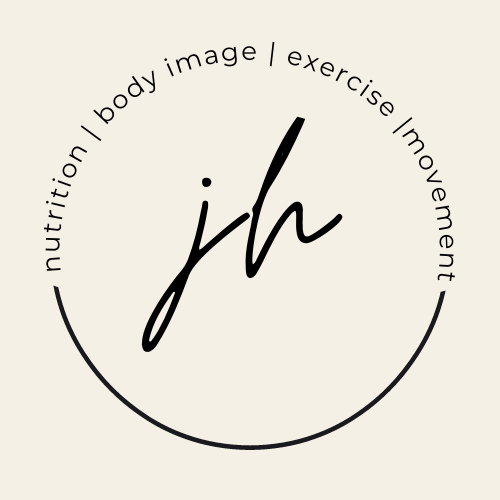To Be or Not To Be Gluten Free
If you’re reading this article, it’s likely that you’ve heard about the (alleged) benefits of a gluten free diet, yes? There are more diets, books, and articles popping up everyday demonizing gluten and all of the negative health consequences of eating foods that contain gluten. Gluten, by the way, is a protein found in all of the foods you love (breads, pastas, baked goods, and any foods containing wheat, rye, or barley).
A few weeks ago I watched an interview with an MD (whom I am not going to name because I don’t want to promote her) who was promoting a gluten free diet to cure depression (spoiler alert: it doesn’t). And while my first instinct was to grow angry at this person’s irresponsible recommendation, I took a step back and decided to hear her out, and read the research she cited to support her claims. I also looked into additional research to see if there were any health benefits to following a gluten free diet.
Before I dig into the research, I’ll first try to answer the question why is the gluten free movement gaining so much traction? While I wish I could say it’s because more and more credible research is coming out, it seems to be that gluten has simply been targeted as a “bad” food. While I can’t be certain where this fad started, the demonization of gluten has also resulted in the capitalization of the gluten-free industry (almost three billion dollars in sales in 2015) and gluten free diets and “lifestyles” like the Paleo diet. Gluten free diets claim to do it all; go gluten free and you’ll never have to worry about depression, adrenal fatigue, brain fog (sorry that’s not a thing), weight loss, inflammation, anxiety, bloating, or cancer ever again!
Unfortunately (or fortunately?) there is no validity to these claims. Unless you have a diagnosed medical condition (like Celiac Disease or a wheat allergy) that inhibits your body’s ability to process gluten, there is no conclusive research to support that a gluten free diet can help with any of these conditions. As a dietitian I often get asked questions like this from clients (and just random people I meet): Is {insert the name of literally any food here} bad for you? While I love the fact that people even ask me for my professional opinion, I think these questions can be dangerous. Because they lead people to think that their health is riding on this one very specific food or nutrient.
So when people ask me, “Is gluten bad for you?” I start asking a series of questions. Well… are you only eating gluten? What foods do you eat that contain gluten? What other foods do you eat? Do you enjoy eating foods with gluten? Do you think it would even be *realistic* to eliminate all foods that contain gluten from your diet? Do you personally experience any negative side effects from eating gluten? ...At this point the person usually get’s annoyed because they were looking for a simple “yes” or “no” answer. But the truth is I will never tell someone a foods is bad, unless it is actually poisonous (and no, gluten isn’t poison). And these claims rarely take into account the bigger picture.
Now I know that not everyone cares about research. I know some of you are thinking: “My neighbor Sally follows a gluten free diet and she’s never felt better!” Yes, there have been many anecdotal reports of people feeling great on a gluten free diet. But likely these results are confounded by other lifestyle factors that might change in the process. Most people who decide to change their diet don’t just swap out their gluten-filled foods for a gluten free substitute. They usually add more nutritious foods like fruits and vegetables, and perhaps eliminate many of the processed foods they were eating before; and the positive outcome has little to do with the elimination of gluten itself.
Additionally, gluten-free substitutes (like gluten free breads, pastas, and baked good) are often more processed and contain more sugar than their gluten-filled counterparts as gluten is the main binding agent found in most baked foods. Not to mention they can be up to three or four times the price!
I’m not saying that a diet filled with pastas, cookies, cakes, and breads is necessarily nutritious. But what I am saying is that these foods do have a place on your plate and there is absolutely no reason (again, unless you have Celiac Disease or a wheat allergy) to eliminate gluten from your diet. It’s important to think critically about claims like this, and really always be looking at the bigger picture and listen to YOUR body.
If you want to hear some more thoughts from myself and Jennifer Rollin, a psychotherapist based in Rockland Maryland, listen to the latest episode of the BodyLove Project Podcast. And, I want to hear from you! What are you thoughts on a gluten free diet? Let me know in the comments below.
